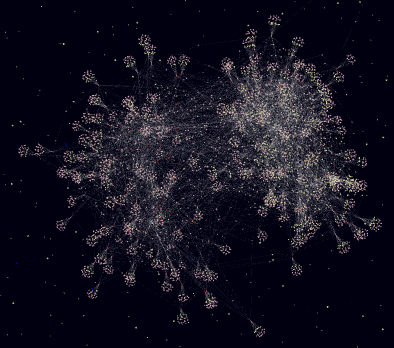A recent project aims to link policies and legislation to their real-world outcomes, offering a tool for accountability in governance. By using advanced data analytics and machine learning, the platform maps legislative actions to tangible social impacts, such as improvements in public health or economic changes.
For example, a policy aimed at reducing carbon emissions might be linked to decreases in air pollution levels and shifts in employment patterns within affected industries. Similarly, negative outcomes like unintended social displacement or job losses can also be mapped to illustrate the full spectrum of a policy’s impact.
The project enhances accountability by making these connections transparent. It provides policymakers, stakeholders, and citizens with clear visual representations of how legislative decisions affect society, enabling informed debates and data-driven choices. Citizens can track policy impacts over time, engaging in more meaningful discussions about governance and public well-being.
However, challenges remain. Ensuring data accuracy, handling sensitive information while protecting privacy, and interpreting complex socio-economic interactions are all critical considerations. Despite these hurdles, the project has the potential to revolutionize how we understand and address the interplay between policy and societal outcomes, making governance more effective and equitable.
You can view a early snapshot of the data to see how it's starting to take shape over here.
